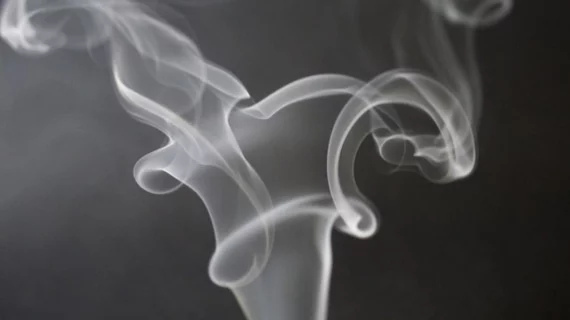FDA slams Juul for marketing e-cigarettes as ‘totally safe’
The FDA issued a warning letter to e-cigarette giant Juul early this week accusing the company of illegally promoting its vaping products as safer than cigarettes.
In her letter addressed to Juul Labs CEO Kevin Burns, Ann Simoneau, JD, director of the Office of Compliance and Enforcement in the Center for Tobacco Products at the FDA, said Burns’ company had adulterated its products for years by selling and distributing them as modified-risk tobacco products without proper FDA approval or documentation. Simoneau said a failure to comply with FDA regulations could result in civil money penalties, injunction or even seizure of Juul’s products.
“Our review...revealed that your firm has engaged in labeling, advertising and/or other activities directed to consumers in which Juul explicitly and/or implicitly has represented that Juul products are free of a substance, have a reduced level of or exposure to a substance, and/or that Juul products present a lower risk of tobacco-related disease or are less harmful than one or more other commercially marketed tobacco products,” she wrote.
Simoneau penned the letter after she and her colleagues reviewed testimony from the July 24-25 House Subcommittee hearing, which examined the role of Juul in the country’s youth nicotine epidemic. According to the letter, the hearing included evidence that a Juul representative speaking at a student presentation claimed Juul was “much safer than cigarettes” and that the “FDA would approve it any day.” The rep also reportedly called Juul “totally safe,” “99% safer than cigarettes” and told students they “should mention Juul to [their nicotine-addicted] friend...because that’s a safer alternative than smoking cigarettes, and it would be better for the kid to use.”
Recent evidence has proven that’s not true—e-cigarette use has been tied to a higher risk of stroke, MI and other CV risk factors, and its health risks have been likened to those of regular cigarettes. But the vaping market is one that’s thrived without regulation, and Juul is no exception.
Simoneau maintained in her letter to Burns that the violations she’d pointed out “do not necessarily constitute an exhaustive list” and said he should immediately correct any and all FDA violations to avoid further action.
“It is your responsibility to ensure that your tobacco products, all related labeling and advertising and all other activities by Juul directed to consumers, such as in any media in which you advertise and any retail establishments, comply with each applicable provision of the FD&C Act and FDA’s implementing regulations,” she wrote.
The FDA said it expects a written response to the letter within 15 working days describing in detail how Burns will correct his company’s actions and move forward.

